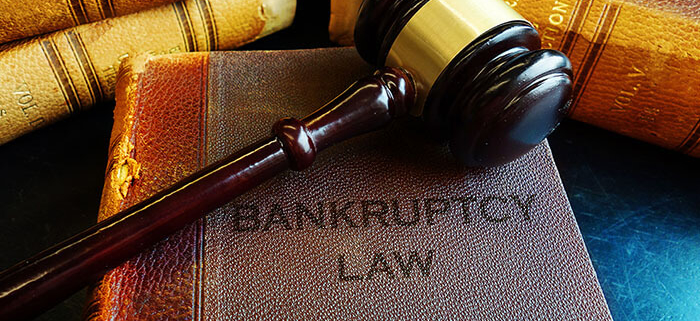Things You Should Avoid If You’re Considering Bankruptcy
Your bills may have been piling up for months now, and the minimum payments on your credit cards may have crept up to the point that you struggle to make them every month. You’ve put off this decision as long as you can, but it’s time to think about bankruptcy. Bankruptcy is a chance at a fresh start, allowing you to build healthier financial habits and get some breathing room in your budget.
Certain habits or actions can actually make your bankruptcy case more difficult and time-consuming. Get more personalized advice regarding your bankruptcy filing by calling Padgett & Robertson at 251-342-0264.
Make Sizable Debt Payments
While you should continue to make regular payments on your debt until you have officially filed for bankruptcy, avoid making payments above and beyond your required payments. This doesn’t improve your chances of having your debt discharged, and it can actually delay your discharge date.
The bankruptcy court does not like when one creditor gets a greater share of your money than the others, especially when they all hold the same weight. If you do this, the bankruptcy court can claw back the extra payments you’ve made and redistribute them amongst all of your lenders. This often occurs if someone pays back a family member or friend in full.
Give Away or Sell Property
Assets above and beyond what the bankruptcy court allows you to keep are generally seized, sold, and used to pay down your debts. If you give away assets or sell them at a below-market price, this looks very suspicious to the court.
They may believe that you are trying to transfer the property until the bankruptcy is over, at which point you will try to take it back from your friend or family member. The court sees through these efforts and can lead to your discharge being denied. Keep in mind that bankruptcy allows you to keep a sizable amount of property. People are often surprised to find out that most or all of their property is exempt from bankruptcy proceedings.
Use Your Credit Cards or Take Out Loans
If you’re serious about paying off your debt and getting a fresh start, that means you have to stop taking on more debt. If you use your credit cards or take out a new loan before declaring bankruptcy, that raises a red flag for the court. It may look like you used your cards or loans fraudulently, knowing that you were planning on declaring bankruptcy. Instead, stick to using your debit card or cash.
File a Lawsuit
When you file for bankruptcy, your assets belong to the court. This includes anything you stand to gain from an ongoing lawsuit. This varies from state to state, as some states allow you to keep lawsuit proceedings, others allow you to keep some, and others do not allow you to keep anything. If you’re considering filing a lawsuit, discuss it with your bankruptcy attorney first to figure out how it will affect your bankruptcy filing.
Make Extra Bank Deposits
Anything you deposit or take out way be analyzed by the bankruptcy court. Income is acceptable, as it has already been reported to the bankruptcy court and accurately reflects your ability to pay back your debt. However, unexpected deposits can cause your bankruptcy process to come to a halt.
Random deposits into your bank account indicate to the bankruptcy court that you may have more money than you are revealing. They may then think that you earn money under the table or are hiding another source of income, which would allow you to declare bankruptcy even when you don’t qualify. Unless you want to be drilled on everything you deposit, only use your bank account to deposit income and other declared sources of income.
Weigh Your Bankruptcy Options with Padgett & Robertson
Bankruptcy is one option to consider when you’re in over your head with debt. Consumer debt, car loans, mortgages, and medical debt can be discharged through bankruptcy. Before you commit to this plan, make an appointment to talk to the team at Padgett & Robertson. We’ll take a thorough look at your finances, find out if you qualify for bankruptcy, and help you plan a path forward. Contact us online or call our office at 251-342-0264.





Leave a Reply
Want to join the discussion?Feel free to contribute!